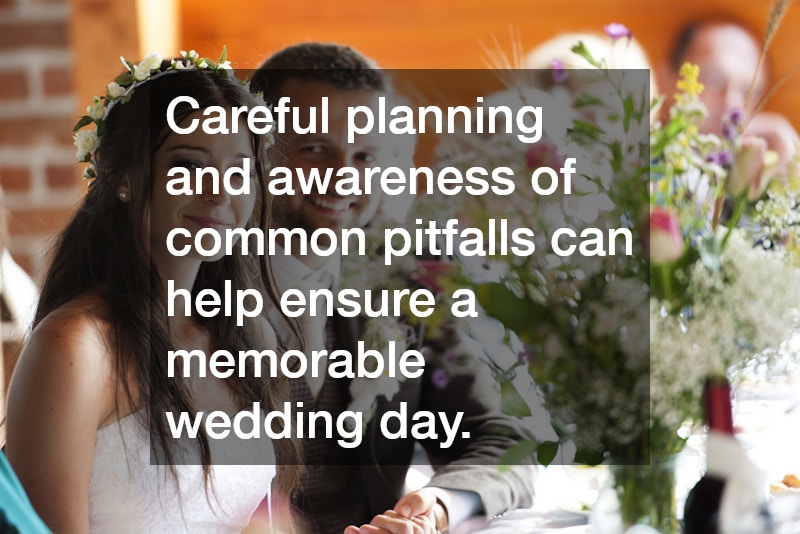How to Avoid Common Tent Rental Mistakes for Weddings
Planning a wedding can be a stressful yet exciting experience. Renting a tent for the big day is a popular choice, but it comes with its own set of challenges. In this article, we’ll explore how to avoid common tent rental mistakes to ensure your wedding day goes smoothly.
How Do I Choose the Right Tent Size?
Understanding Your Guest List
Before choosing a tent, consider the number of guests and the layout you desire to ensure adequate space for everyone. This initial step is crucial as it guides what size of tent will comfortably accommodate everyone without feeling cramped.
Knowing the seating arrangements, dance floor, and additional space needs also helps in sizing the tent accurately. Remember, a tent that is too small can make guests uncomfortable, while one that is too large can feel sparse, and if space allows, opting for a slightly larger tent can account for unexpected additional guests or miscalculations.
Being informed about the guest list allows for better planning and can prevent issues on the day of the wedding. Having the final guest count as early as possible helps eliminate last-minute adjustments and stress.
Assessing the Venue Space
Evaluate the dimensions and characteristics of the venue where the tent will be set up to select the appropriate size that fits the space. Some venues might have limitations, such as uneven ground or low-hanging trees, which could influence tent size.
Consider whether permits are needed or if there are any specific venue rules regarding tent setup. Checking these details ahead of time avoids infractions on the big day and ensures that the tent can be pitched without issues.
Additionally, take advantage of technology by using software that can help visualize your layout, given the constraints of the space. With an accurate layout in place, you’ll be well-prepared to discuss your needs with the tent rental company.
What Are the Best Weather Contingency Plans?
Selecting Weather-Resistant Materials
Choose tents made of durable, weather-resistant materials to withstand unexpected weather changes. Look for materials that offer protection from both rain and sun, ensuring guests remain comfortable throughout the event.
Some high-quality tents feature UV-protective layers and water-resistant fabric, making them ideal for outdoor events. Superior materials may result in higher costs but provide a vital layer of reassurance.
Additionally, consider additional accessories like sidewalls, which can shield guests from wind or rain. Holding your wedding outdoors demands adaptability and having a tent with weather-resistant features ensures a seamless event.
Having Backup Options Available
Plan for extreme weather by having alternate setups or arrangements ready in case of rain, wind, or heat. A proactive approach saves you from scrambling to find solutions at the last minute.
This might involve securing a secondary indoor location or equipping tents with portable heaters or fans. Flexibility is key, as the weather can be highly unpredictable.
Engage with your tent rental company to explore all available backup options. Many companies offer rain plans, ensuring you have comprehensive solutions ready to deploy.
How Can I Avoid Hidden Costs?
Requesting a Detailed Estimate
Ask for an itemized list of all potential costs involved in renting a tent to avoid surprises in your budget. Detailed quotes provide transparency and help in making informed decisions.
Some often-overlooked costs include permits, additional equipment rentals, or specific venue-related fees. Being meticulous at the negotiation stage will save time and financial strain.
Feel empowered to ask questions and verify every charge listed in the estimate. This helps build trust and ensures a seamless working relationship with the rental company.
Clarifying Setup and Takedown Fees
Discuss with the rental company whether setup and takedown services are included in the fee to avoid unexpected costs. Pricing strategies vary widely between companies, so clarification is essential.
These services often come with their own set of schedules and requirements. Understanding the logistics beforehand prevents misunderstandings and ensures punctuality on your special day.
Communicate any specific needs or time constraints to your rental provider early on. Clear communication will ensure harmonious coordination, allowing your day to run smoothly.
Conclusion
Careful planning and awareness of common pitfalls can help ensure a memorable and stress-free wedding day. By understanding your needs and working closely with tent companies, you can avoid rental mishaps and focus on celebrating your special day.




